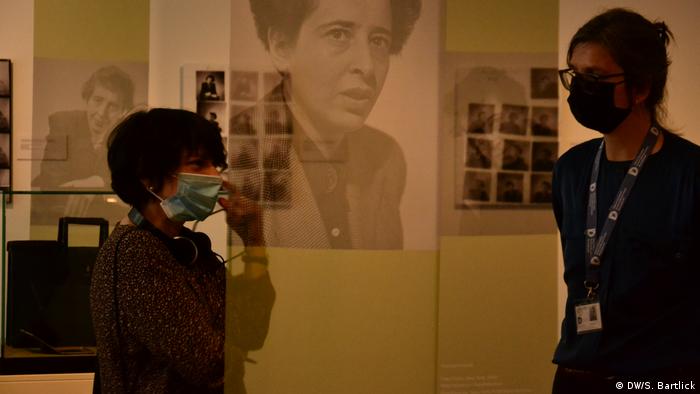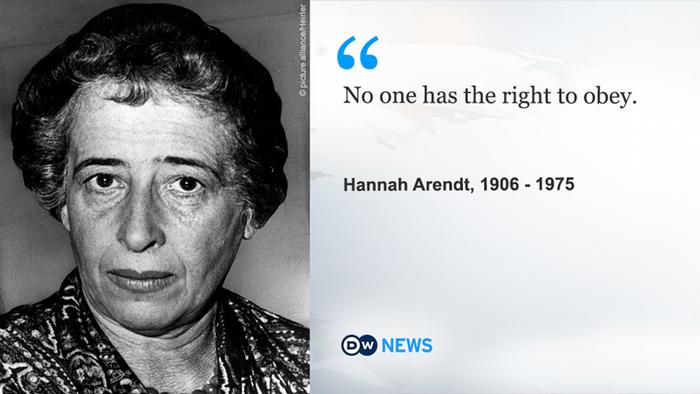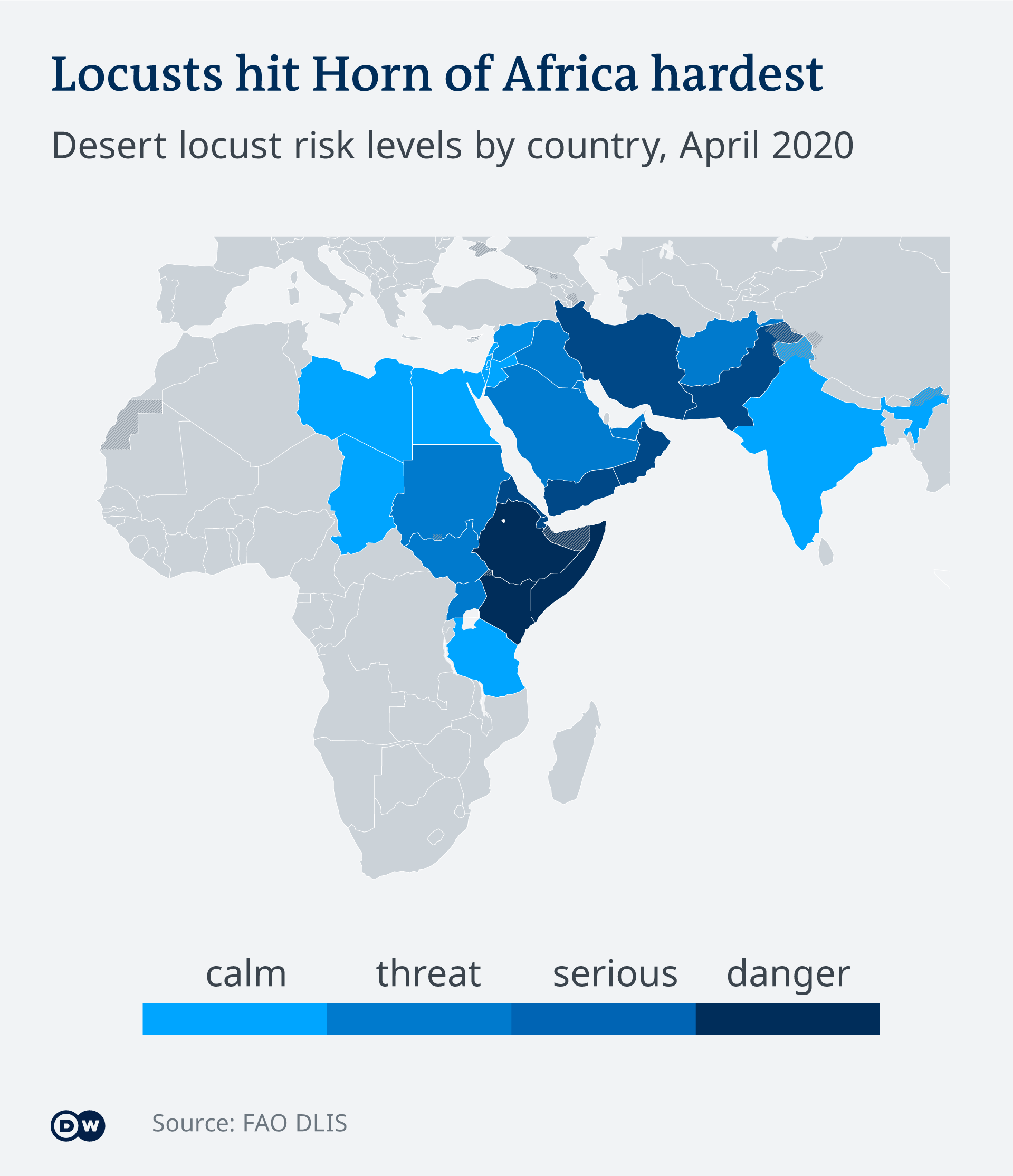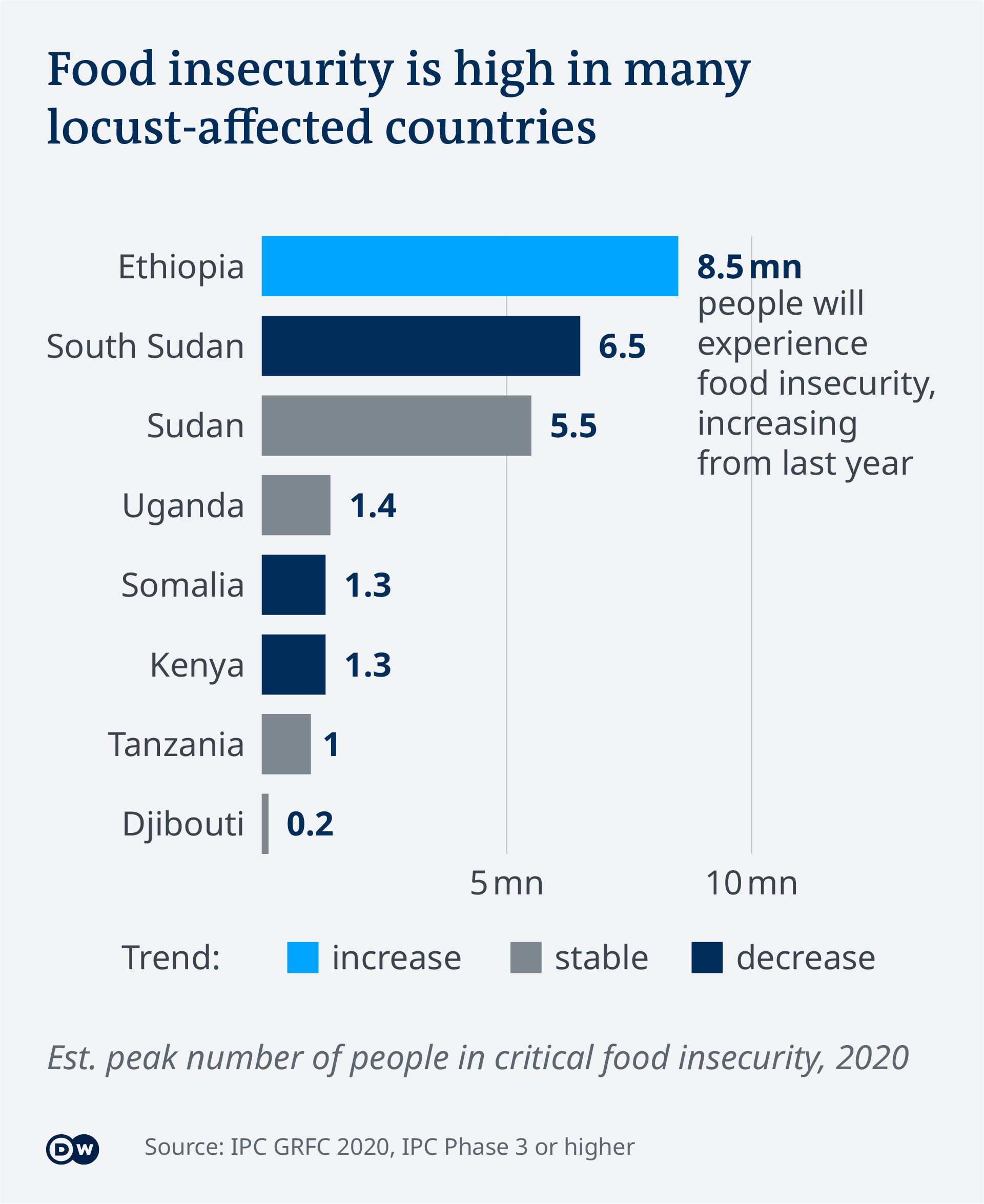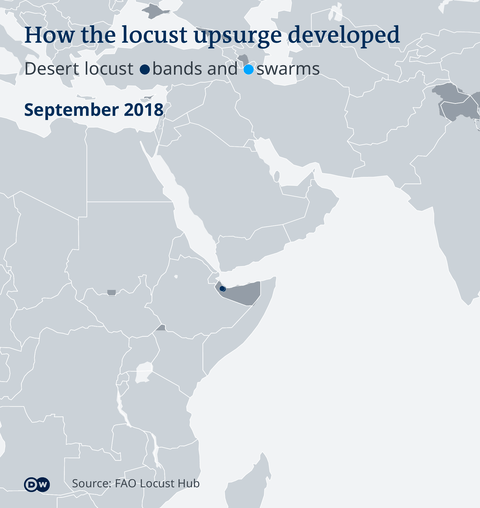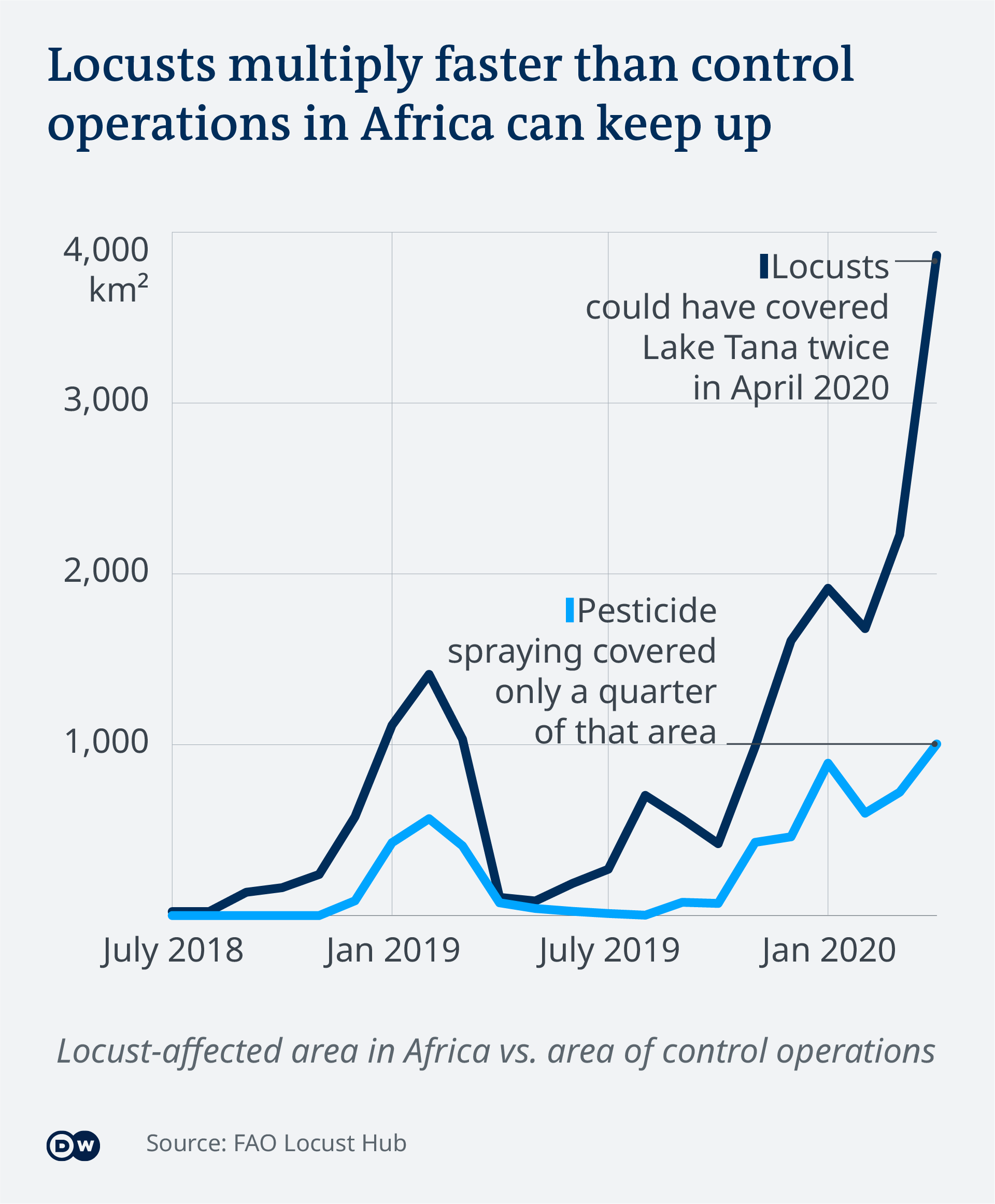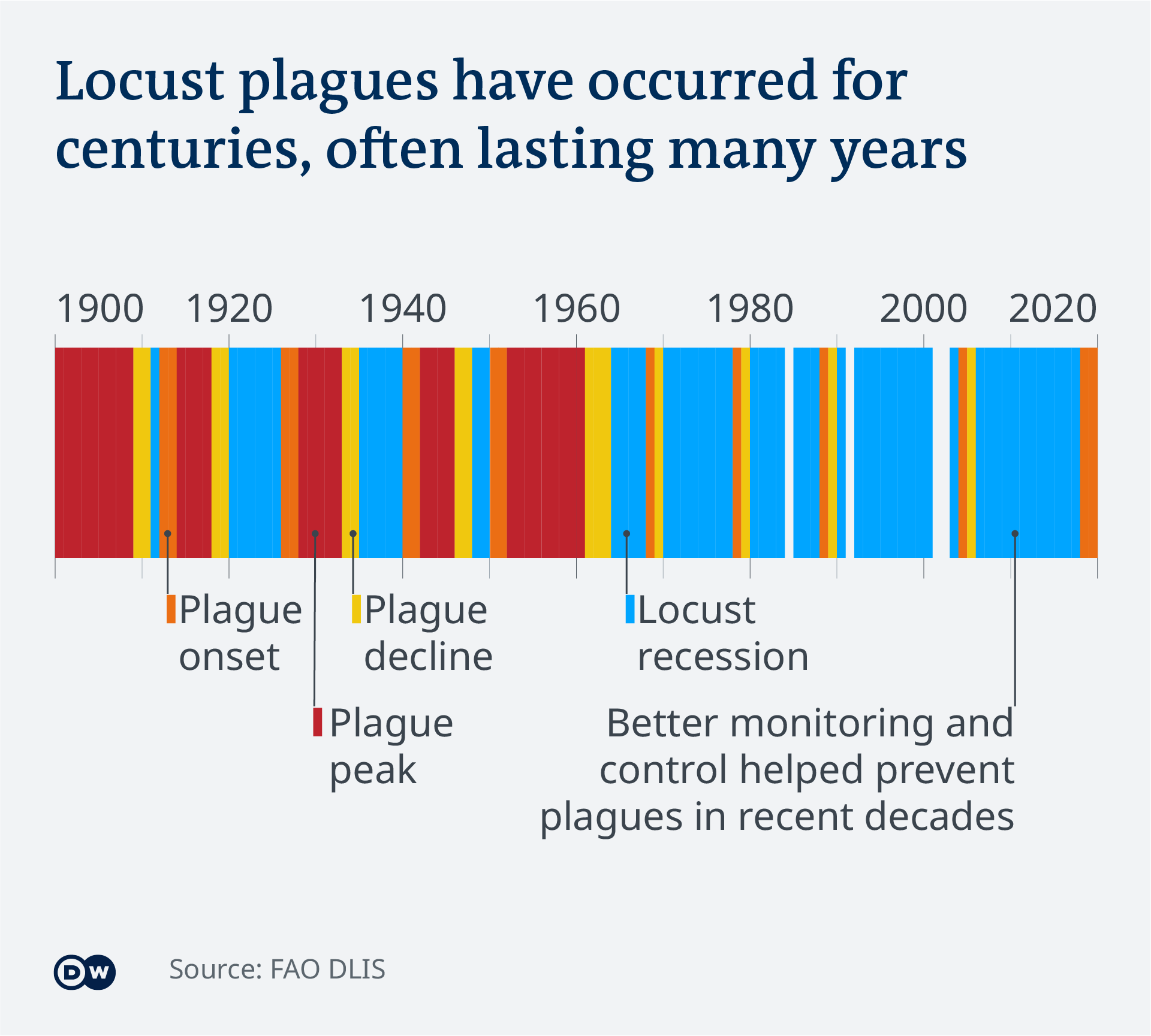Uganda: Kampala gears up for e-mobility
Uganda's motorbikes go green
Kampala's boda bodas — motorcycle taxis — are discovering how solar power can make the streets cleaner and their business greener.
Project aim: To help Uganda make the switch to electric mobility and raise awareness of green technology
Budget: The project is part of a $34-million initiative led by the United Nations Environment Program and the International Energy Agency to support the transition of 17 developing and transition countries to electric mobility
Project partners: Implemented by the International Climate Initiative of the German Environment Ministry in partnership with the Ugandan Ministry of Energy and Mineral Development
Electric mobility is still a new phenomenon in Uganda, with fewer than 10% of the vehicles on Kampala's roads electrically powered. But a new project by the German Environment Ministry's International Climate Initiative and the United Nations Development Program aims to change all that. The goal is to bring cleaner air to Uganda's cities and at the same time create new jobs in green technology.
In Kampala, motorcycles are the number one way to get around and local companies Zembo and Bodawerk are leading the charge to make them cleaner. Bodawerk converts conventional motorcycles, while Zembo imports tailor-made e-bikes from China and is building a network of solar-powered charging stations.
For the boda boda drivers who ferry paying passengers around the Ugandan capital on their motorbikes, the switch to e-bikes is proving a good investment.
A film by Wolf Gebhardt and Julius Mugambwa
AUDIOS AND VIDEOS ON THE TOPIC
Uganda: Kampala gears up for e-mobility
Date 12.05.2020
Homepage Global 3000 - The Globalization Program
Related Subjects Energiewende (Transition to renewable power sources), Solar power, Renewable energy
Keywords Renewables, Uganda, solar, electric mobility, motorbikes
Download Save MP4 file
Permalink https://p.dw.com/p/3btGM
Kampala's boda bodas — motorcycle taxis — are discovering how solar power can make the streets cleaner and their business greener.
Project aim: To help Uganda make the switch to electric mobility and raise awareness of green technology
Budget: The project is part of a $34-million initiative led by the United Nations Environment Program and the International Energy Agency to support the transition of 17 developing and transition countries to electric mobility
Project partners: Implemented by the International Climate Initiative of the German Environment Ministry in partnership with the Ugandan Ministry of Energy and Mineral Development
Electric mobility is still a new phenomenon in Uganda, with fewer than 10% of the vehicles on Kampala's roads electrically powered. But a new project by the German Environment Ministry's International Climate Initiative and the United Nations Development Program aims to change all that. The goal is to bring cleaner air to Uganda's cities and at the same time create new jobs in green technology.
In Kampala, motorcycles are the number one way to get around and local companies Zembo and Bodawerk are leading the charge to make them cleaner. Bodawerk converts conventional motorcycles, while Zembo imports tailor-made e-bikes from China and is building a network of solar-powered charging stations.
For the boda boda drivers who ferry paying passengers around the Ugandan capital on their motorbikes, the switch to e-bikes is proving a good investment.
A film by Wolf Gebhardt and Julius Mugambwa
AUDIOS AND VIDEOS ON THE TOPIC
Uganda: Kampala gears up for e-mobility
Date 12.05.2020
Homepage Global 3000 - The Globalization Program
Related Subjects Energiewende (Transition to renewable power sources), Solar power, Renewable energy
Keywords Renewables, Uganda, solar, electric mobility, motorbikes
Download Save MP4 file
Permalink https://p.dw.com/p/3btGM



